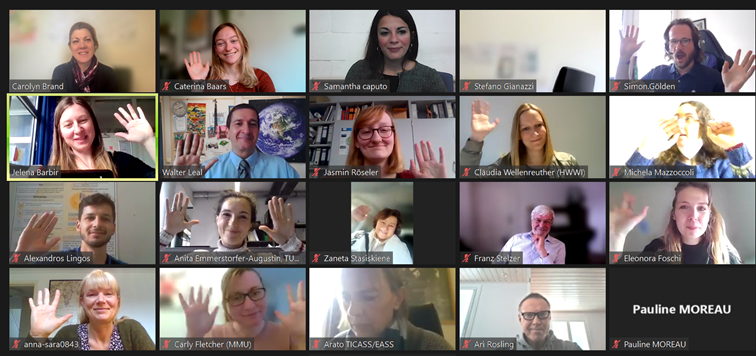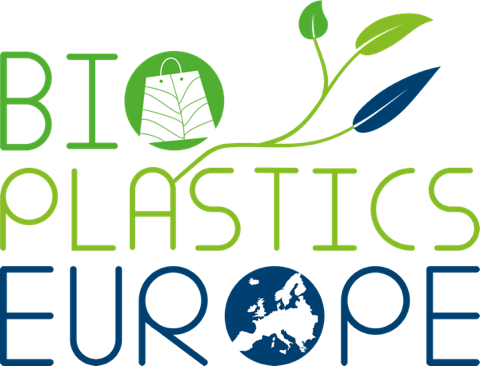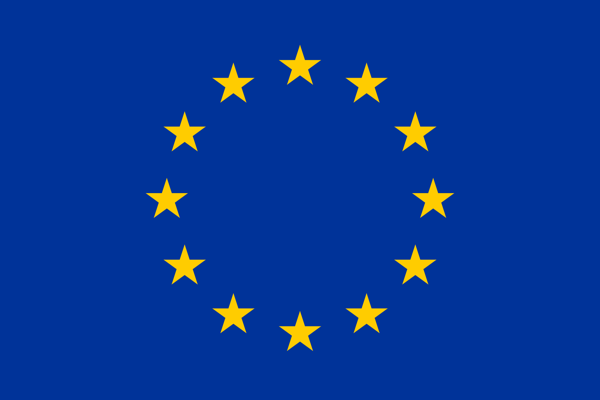Completed: 3rd Executive Board Meeting
The third BIO-PLASTICS EUROPE Executive Board Meeting took place last week, from 16th to 17th of March. The meeting, organized by the HAW Hamburg, was attended by project’s Work Package Leaders, project companies Arctic Biomaterials and NaturePlast, as well as Impact and Technical Coordinators. During those two days, the group discussed the project’s progress during the last six months, agreed on future steps and discussed new ideas.

During Day 1, the overall situation of the project during the first 30 months was outlined. The biodegradable bio-based compounds developed during the project have been modified using the results of testing round I and samples of the new compounds are now being produced to enter into round II of testing. The schedule of the production and testing processes was shared and discussed among all attendees. Furthermore, the key findings for recommendations regarding the testing standards of biodegradable bio-based plastics were shared. Lastly, the partners discussed an evaluation of the biodegradable bio-based plastics market to analyse competition and demand for the developed compounds.
Day 2 revolved around how project results are used to inform policy decision makers. Existing safety policies as well as results of safety analyses carried out during the project are being used to develop a safety protocol for bio-based plastics. As part of this safety protocol, a sustainability framework outlines how sustainability can be implemented for biodegradable bio-based plastic products. BIO-PLASTICS EUROPE is also working on a policy framework, that uses inputs from the project to produce recommendations for EU policy development. Furthermore, a newly published handbook on the impacts of biodegradable bio-based plastics on waste management systems was presented to the partners during the meeting.
This third Executive Meeting highlighted the harmonious workflow between all Work Packages without any major problems. The BIO-PLASTICS EUROPE project is well on its way towards achieving its aim: shifting towards a more circular economy by promoting sustainable bio-based and biodegradable plastic alternatives.


